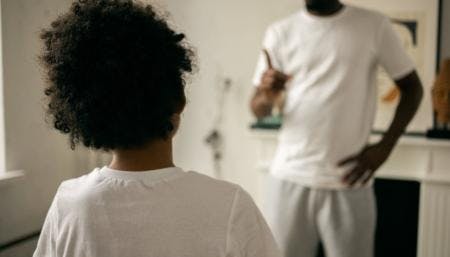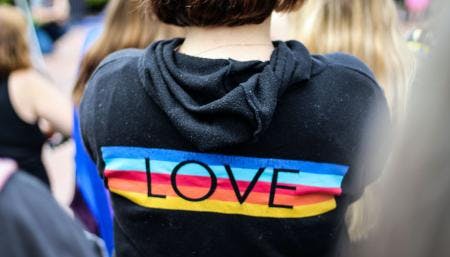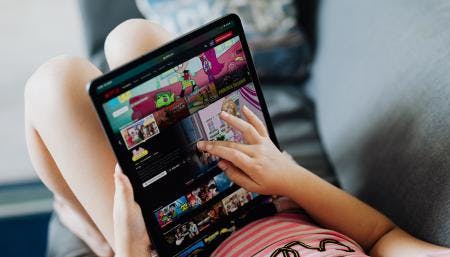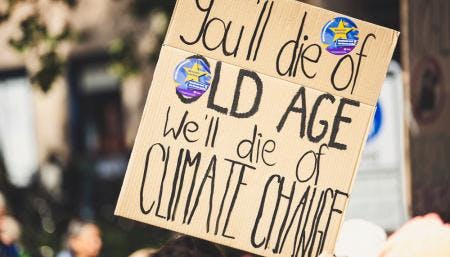Should drag events be allowed in public libraries?
3 Min Read•September 3, 2023
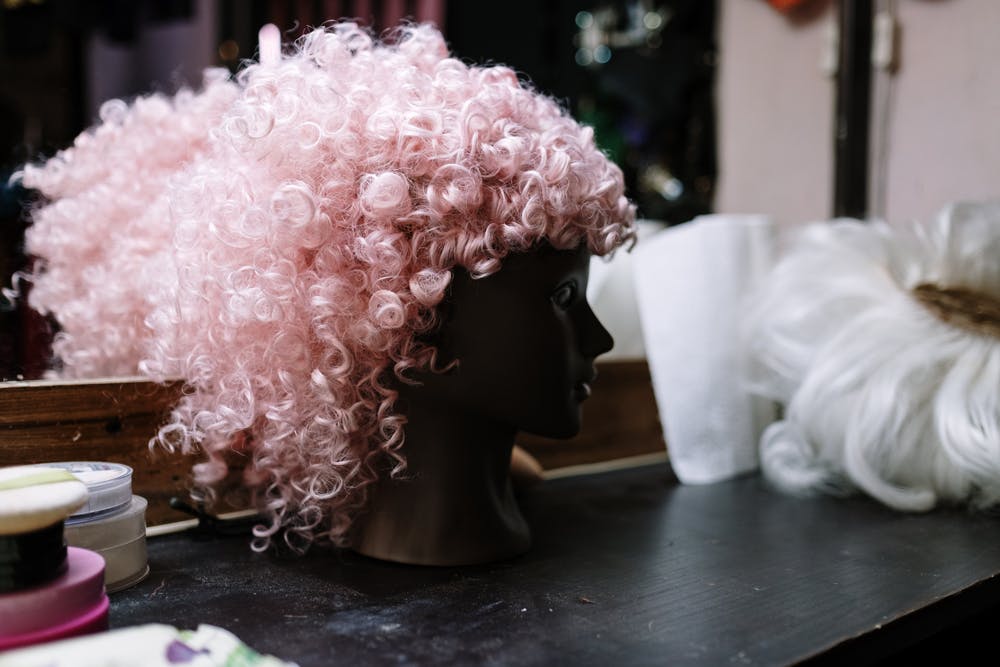
The question of whether drag performers and drag queen story hours should be allowed in libraries is a topic of debate in many communities. The U.S. is a very culturally diverse society, and not everybody is going to agree on this issue for a number of complex reasons. Advocates argue that such events promote diversity, inclusion, and literacy, while opponents may have concerns based on cultural, religious, or other beliefs. Here's a breakdown of some key points in the discussion:
Arguments for having drag shows in libraries:
1. Promotion of Diversity and Inclusion: Libraries have long been spaces that promote diversity and understanding. Hosting drag shows can expose patrons to different cultures and lifestyles, fostering acceptance and understanding.
2. Literacy and Education: Many drag events in libraries, particularly "Drag Queen Story Hour" programs for children, combine performance with reading. This can make literature more engaging and accessible for young readers.
3. Freedom of Expression: Libraries, especially in democratic societies, often serve as community hubs that support freedom of speech and expression. Hosting a variety of events, including drag shows, aligns with this principle.
4. Community Building: Such events can help marginalized groups, such as the LGBTQ+ community, feel more included and supported in local communities. They can also provide opportunities for community members to meet and understand people from different walks of life.
Arguments against having drag shows in libraries:
1. Age Appropriateness: Some believe that drag shows, especially those targeted towards children, may introduce topics or ideas that they deem not age-appropriate.
2. Religious or Cultural Beliefs: Those with strong religious or cultural beliefs might feel that drag shows conflict with their values.
3. Use of Public Spaces: Some argue that while drag shows can be hosted in private or specific community venues, public spaces funded by taxpayer money should not be used for events that might be controversial.
4. Safety Concerns: Due to the divisive nature of the topic in some communities, there may be concerns about protests or potential disruptions.
Other things to consider:
1. Community Input: Libraries could seek community feedback before hosting potentially controversial events. This input can guide decisions and ensure the library meets the needs and preferences of the majority of its patrons.
2. Clear Communication: If a library decides to host a drag show, clear communication about the event's purpose, intended audience, and content can help manage expectations and reduce misunderstandings.
3. Security Measures: Ensuring the safety of attendees, performers, and library staff should be paramount. If there are concerns about protests or disruptions, libraries might consider additional security measures or protocols.
4. Alternative Venues: If a library deems that it's not the right venue for a drag show, community organizers can consider alternative venues that might be more fitting or less controversial.
The decision to invite drag performers into public libraries hinges on local community values, the mission of the library, and the needs of its patrons. Like all decisions in public spaces, it's a balance between promoting freedom of expression, supporting diverse voices, and considering the broader community's preferences and concerns.
